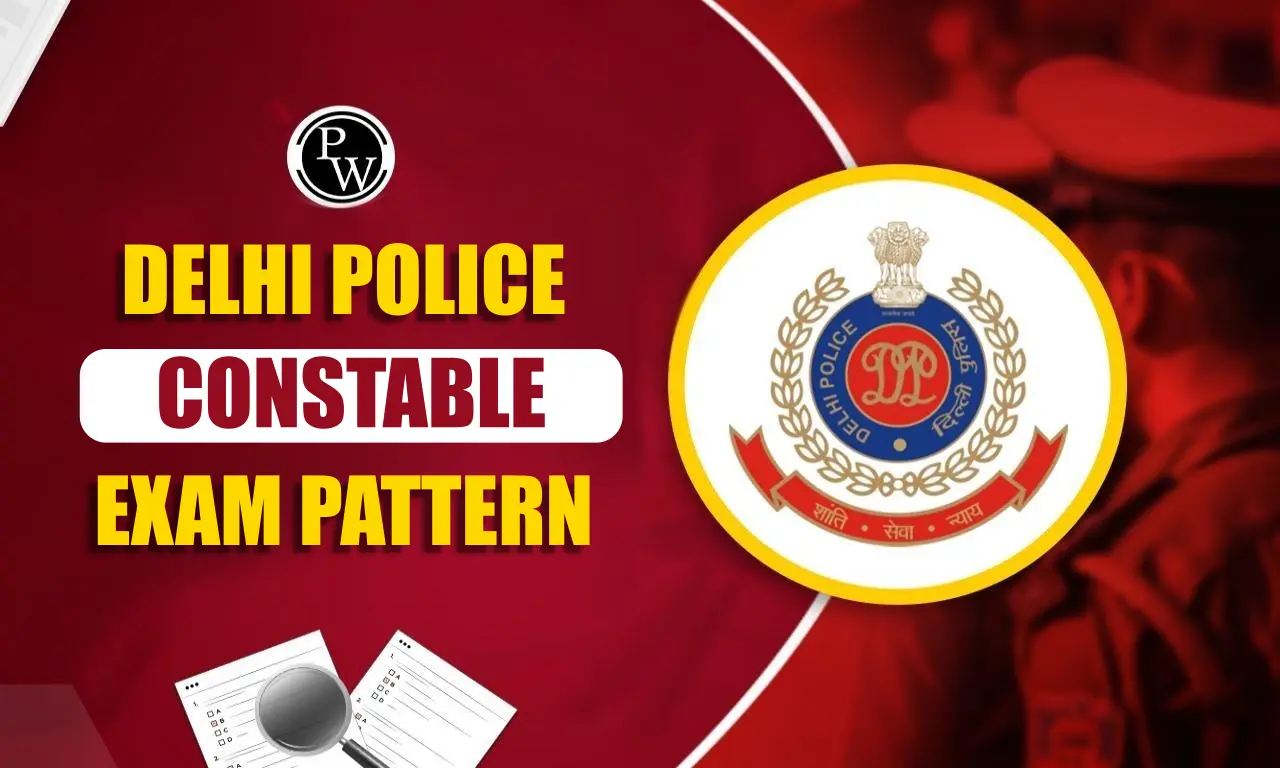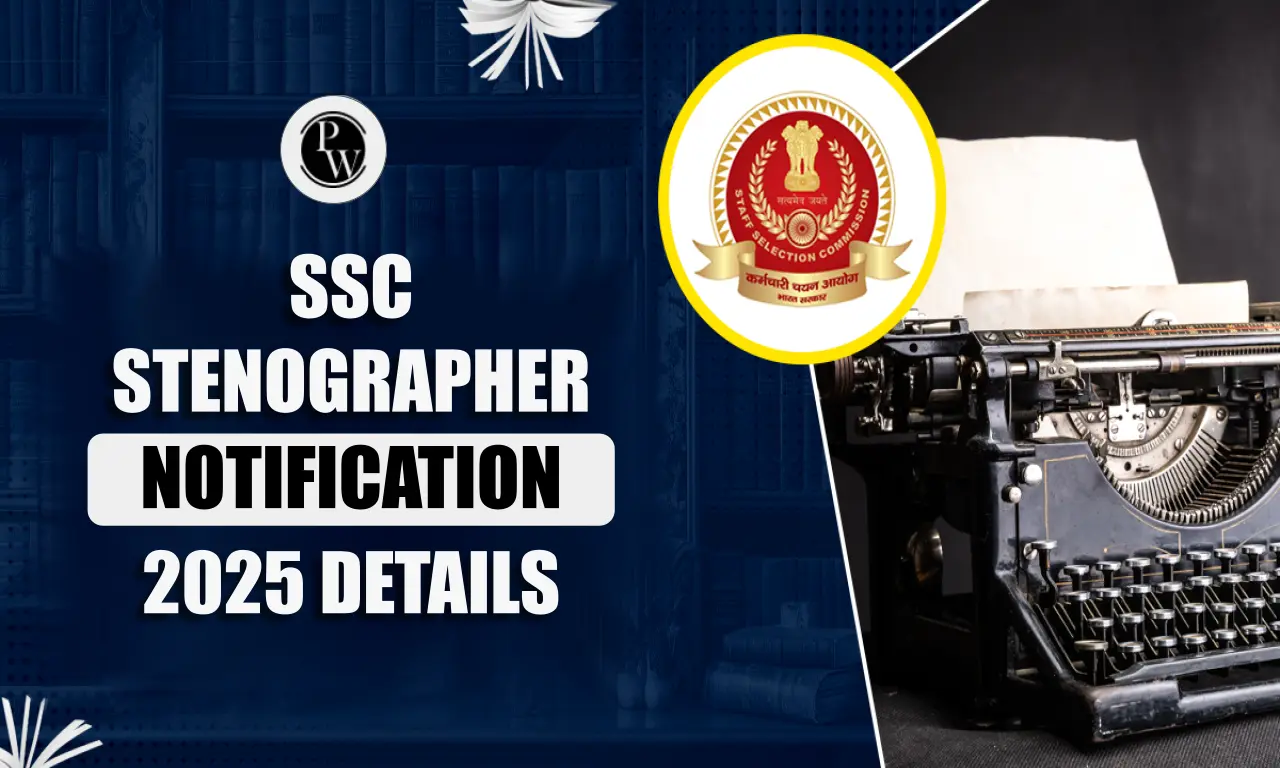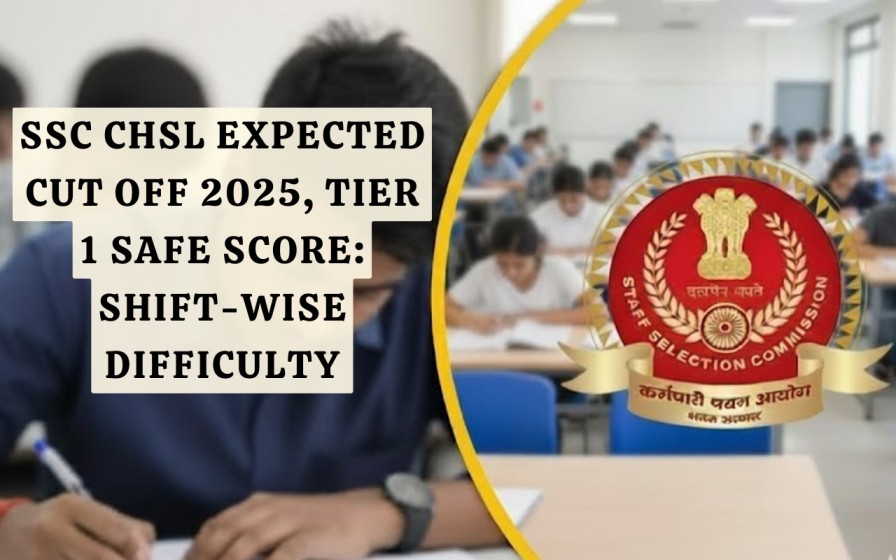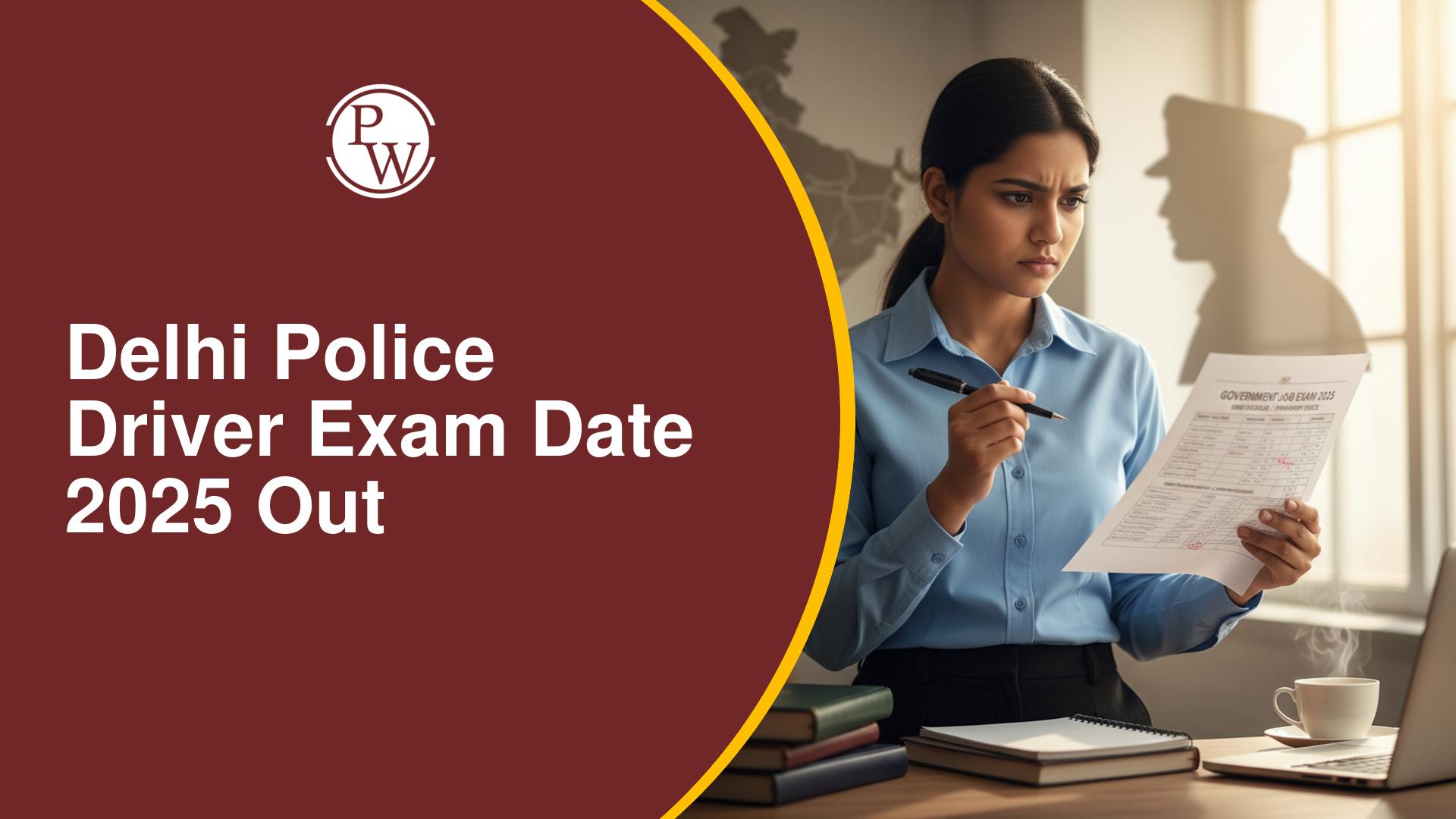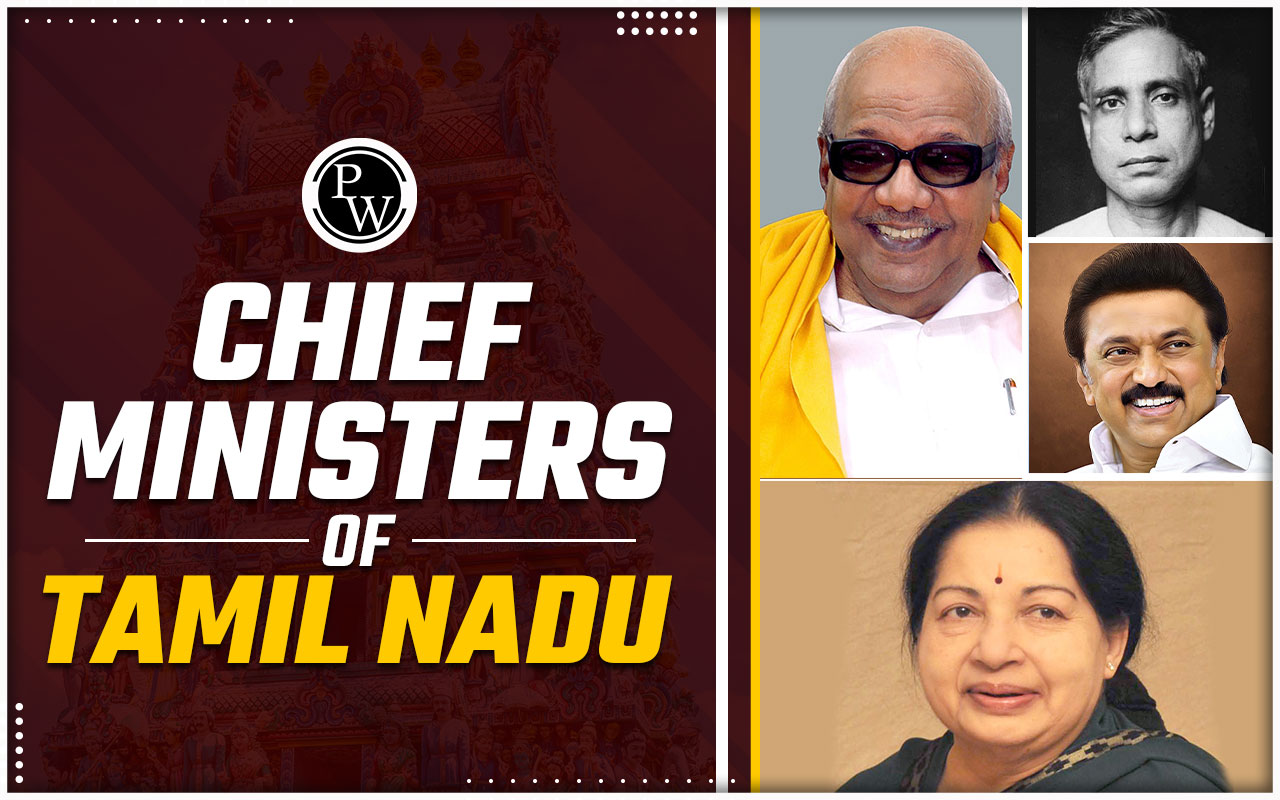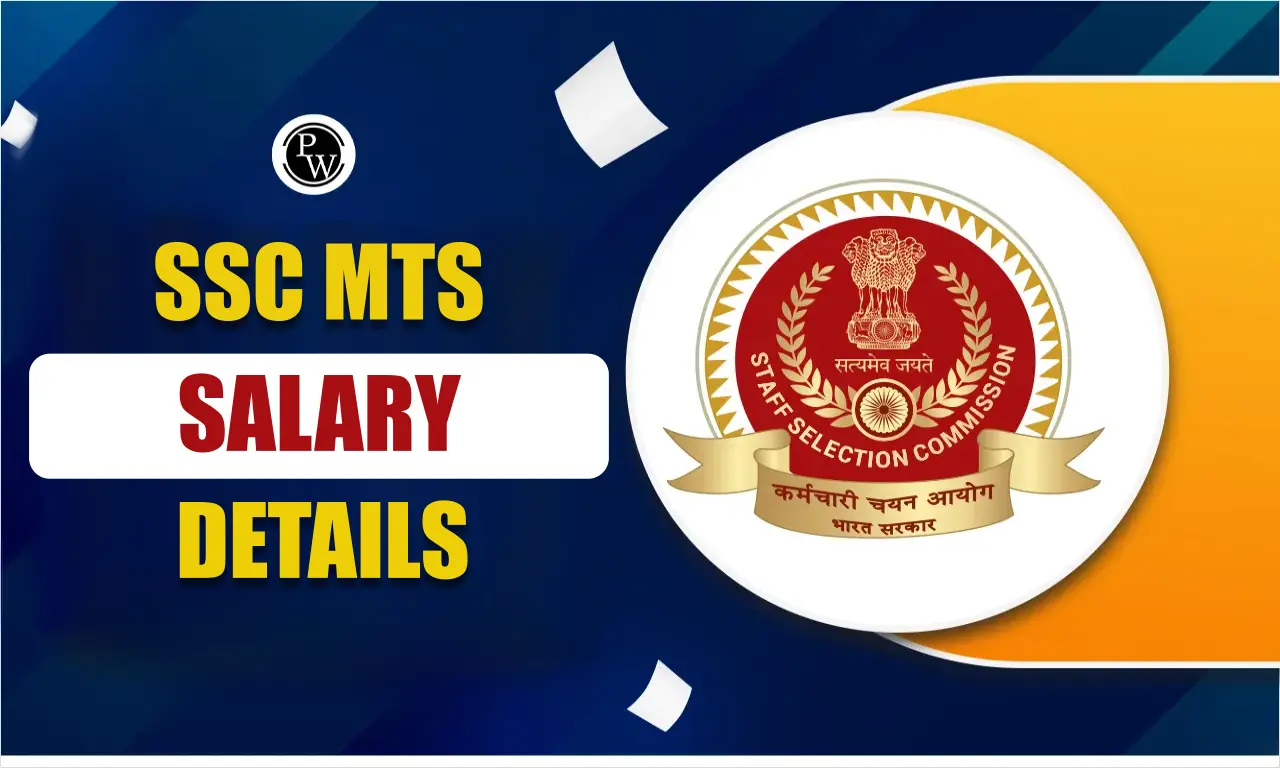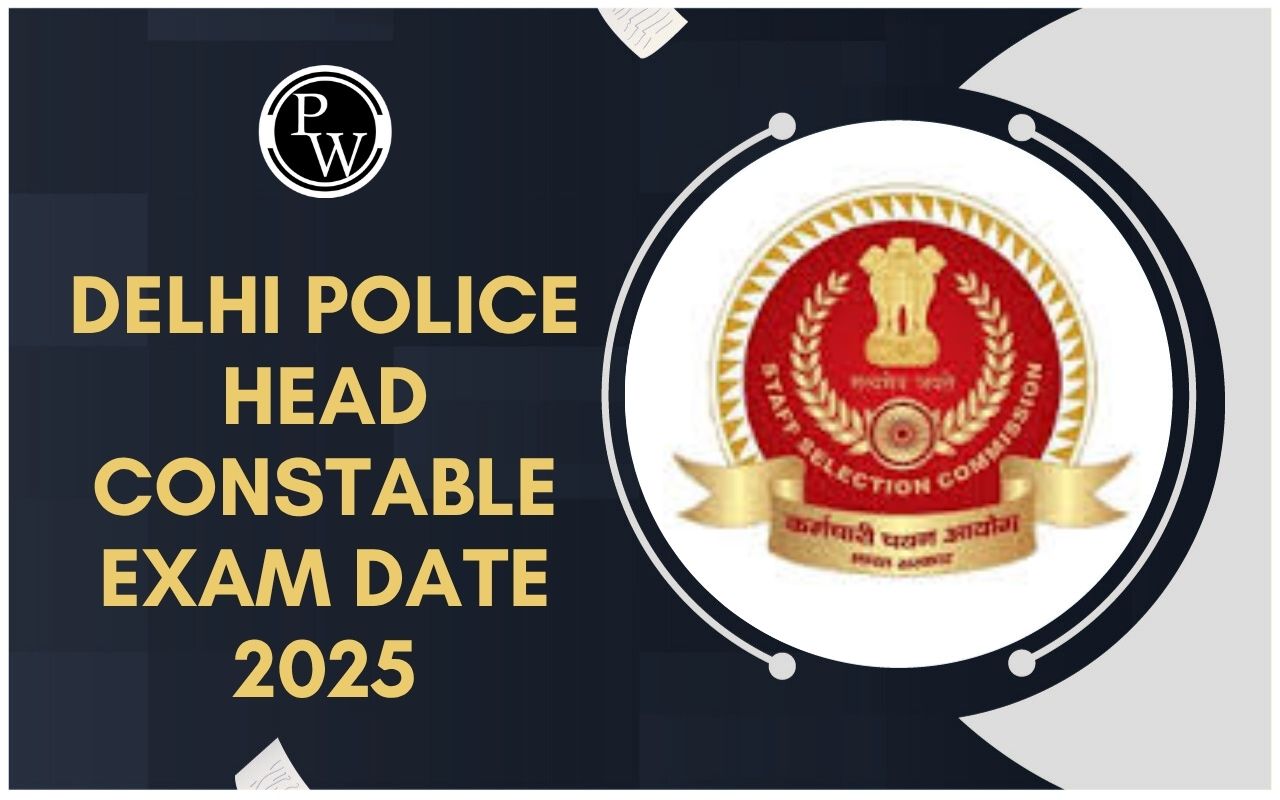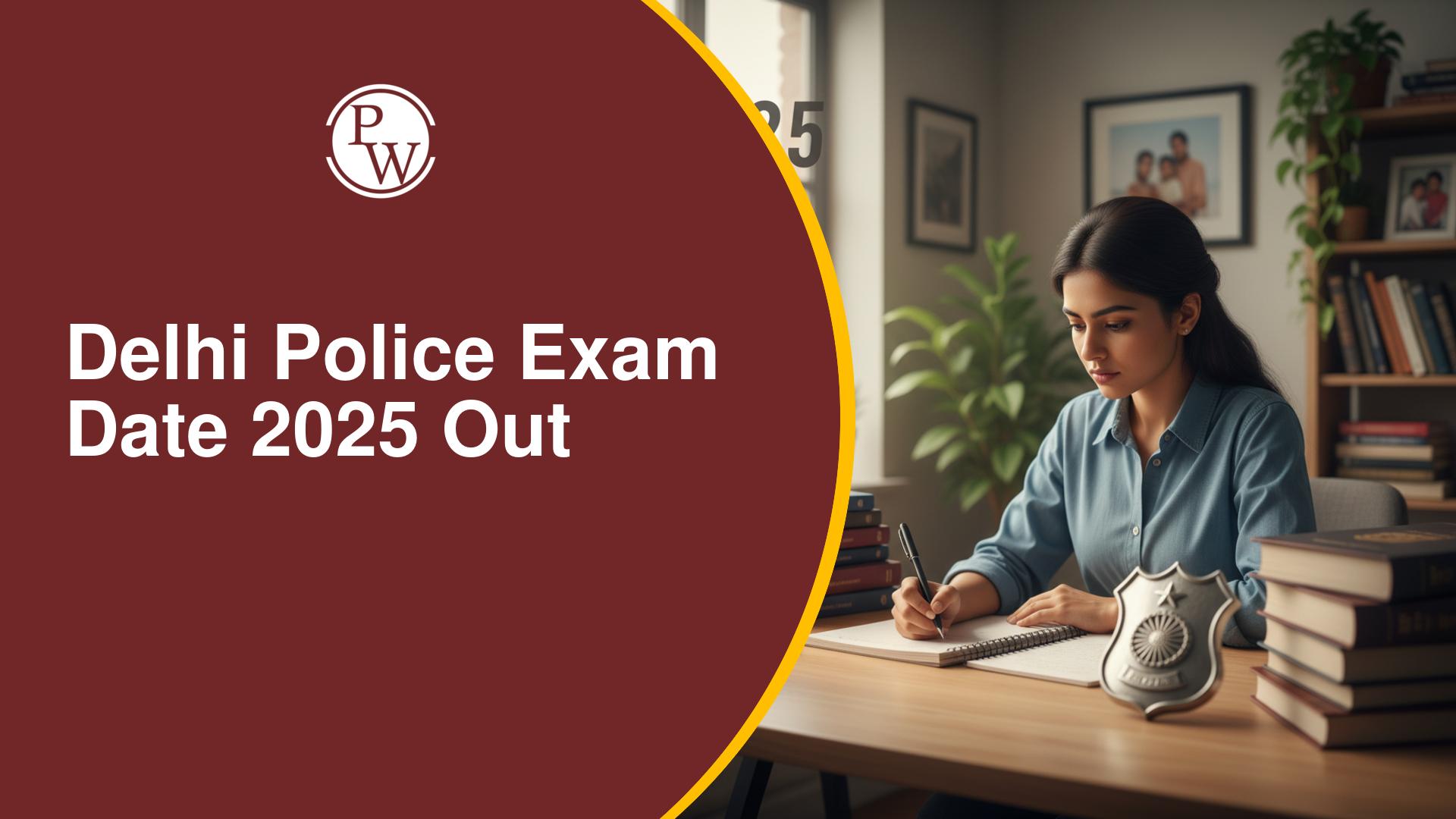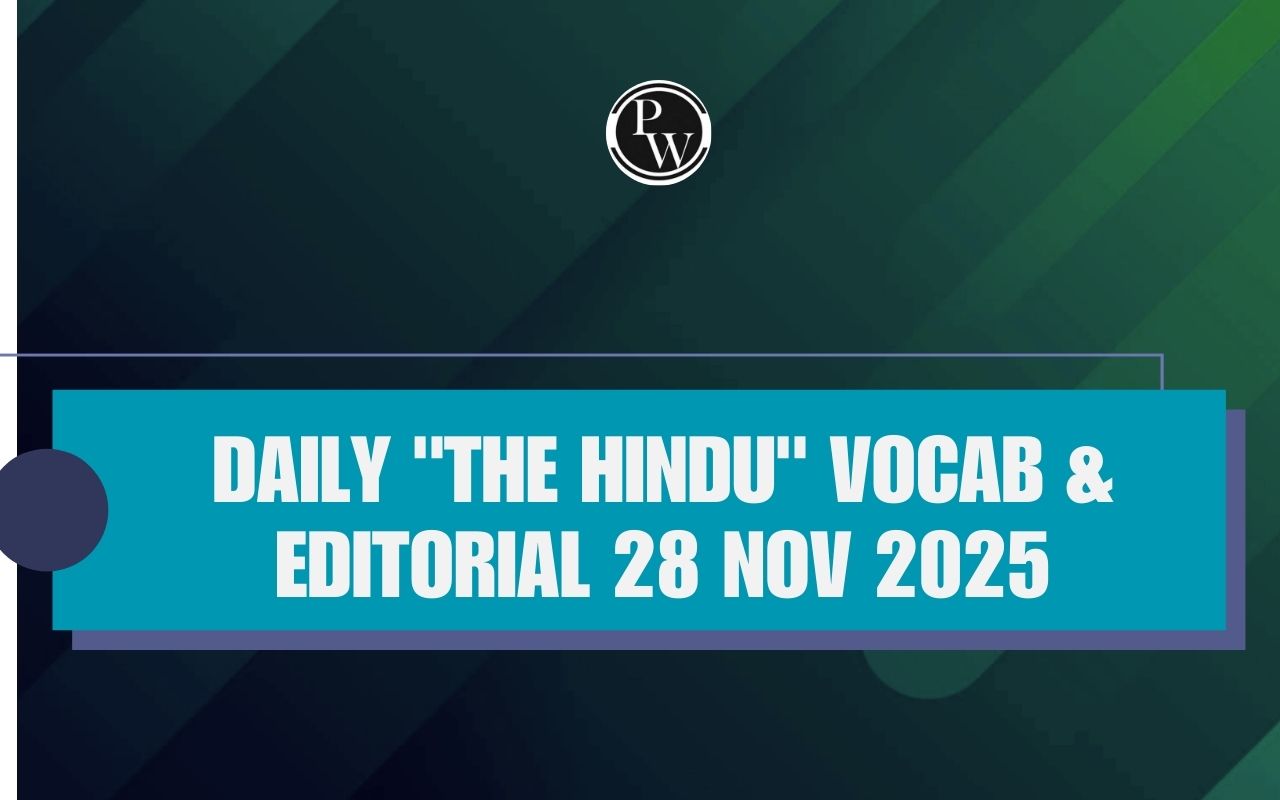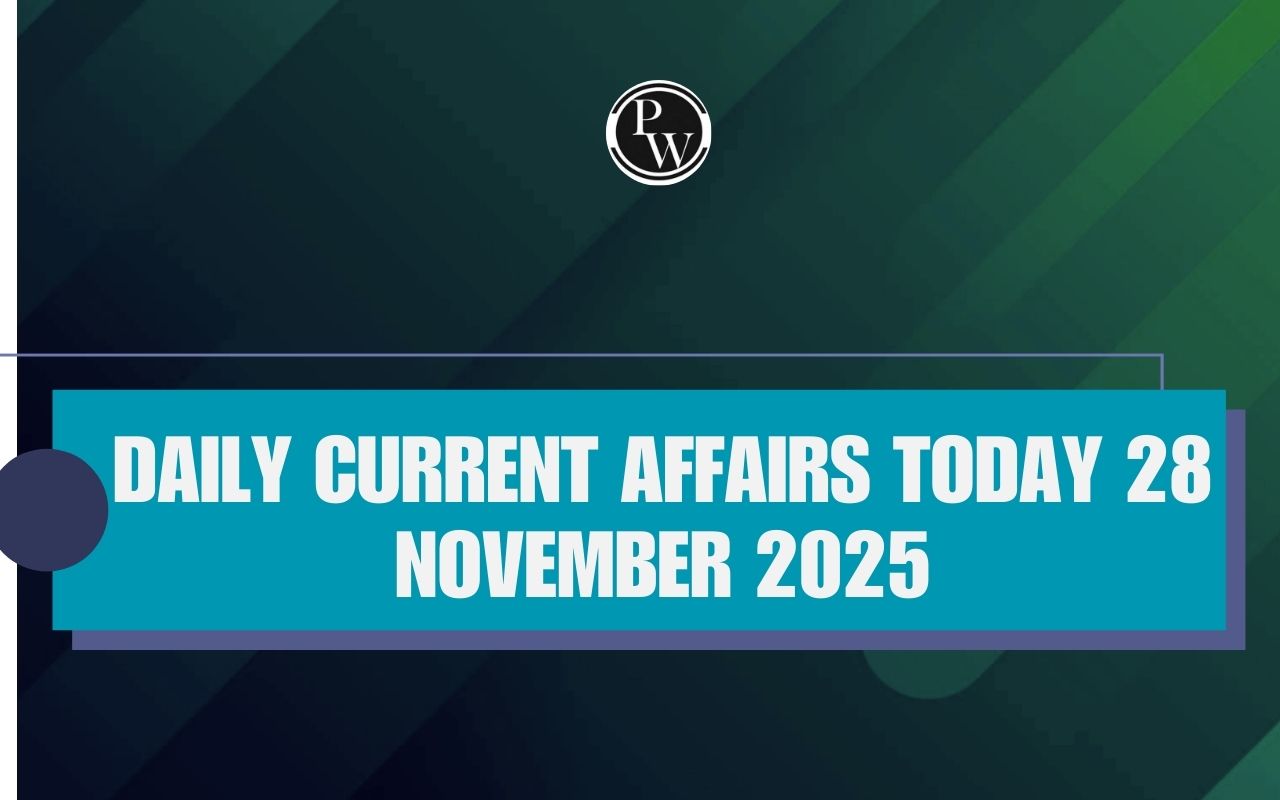
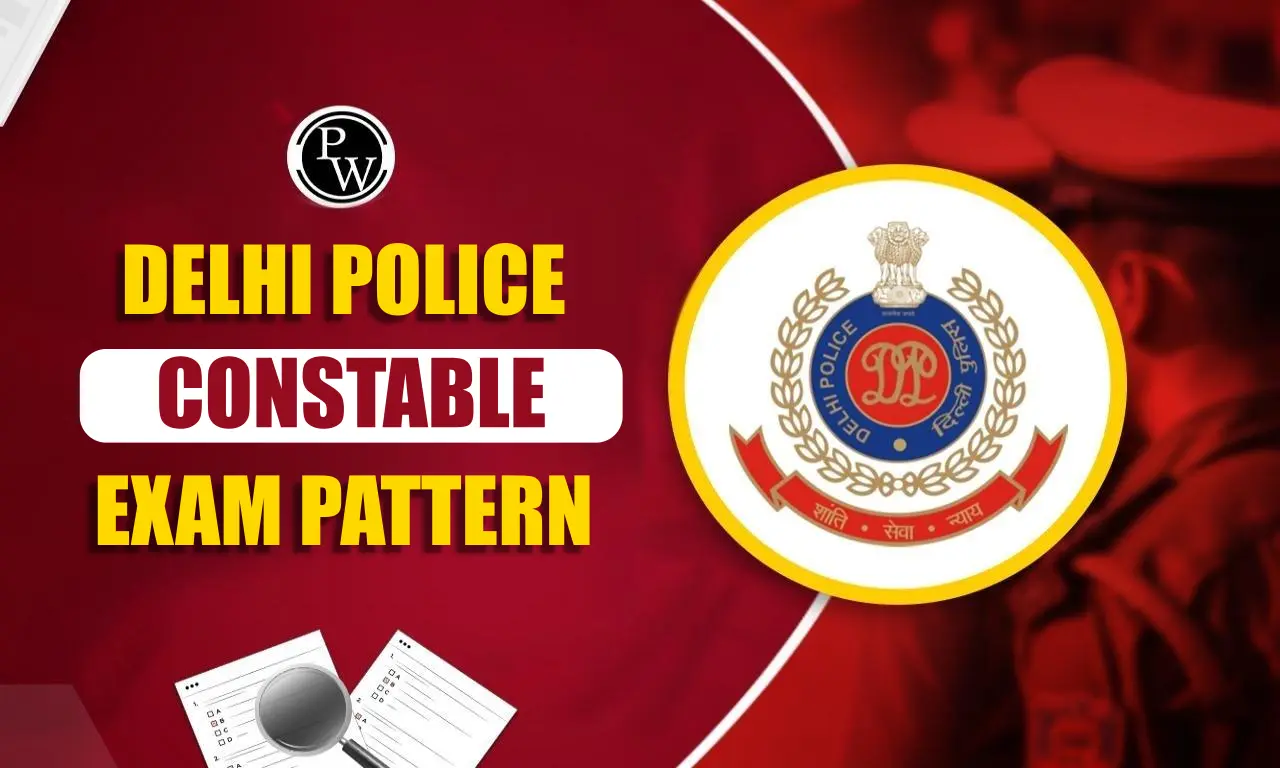
Delhi Police Constable Exam Pattern 2025: The Delhi Police Constable Exam Pattern 2025 is designed to help candidates understand the detailed structure of the selection process. The official notification for this recruitment was released on September 22, 2025, and the application window started on the same day, running until October 21, 2025.
The exam is expected to be held in December 2025 or January 2026. The recruitment process includes two main stages: a Computer-Based Test (CBT) followed by a Physical Endurance and Measurement Test (PE & MT). Knowing the exam pattern helps candidates prepare better and manage their time effectively during the exam.
Delhi Police Constable Exam Pattern 2025
The Delhi Police Constable Selection Process consists of the following stages:
- Computer-Based Test (CBT) – This is an objective-type online examination that tests candidates on various subjects.
- Physical Endurance & Measurement Test (PE&MT) – Candidates who qualify for the CBT are required to undergo a physical test to assess their endurance and body measurements.
- Medical Examination – After qualifying for the PE&MT, candidates must pass a medical test to ensure they meet the required health standards.
- Document Verification – Candidates who clear all the above stages undergo document verification before the final appointment.
Candidates must clear each stage to be considered for the final merit list. The Delhi Police Constable Exam consists of three stages: Computer-Based Test (CBT), Physical Endurance & Measurement Test (PE&MT), and Medical Examination. The CBT is an online objective exam, while the PE&MT assesses physical fitness. Candidates who clear these stages undergo a medical test before final selection. Check Delhi Police Constable Exam Pattern 2025 for each stage below.
Delhi Police Constable Exam Pattern 2025 for CBT
The first stage of the selection process is the Computer-Based Test (CBT), which is conducted online by the Staff Selection Commission (SSC). The CBT consists of multiple-choice questions (MCQs) and is designed to test the candidate’s general awareness, reasoning ability, numerical aptitude, and computer knowledge.
| Delhi Police Constable Exam Pattern 2025 for CBT | ||
|---|---|---|
| Subjects | Questions | Marks |
| General Knowledge (GK) & Current Affairs | 50 | 50 |
| Reasoning Ability | 25 | 25 |
| Numerical Ability (Maths) | 15 | 15 |
| Computer Knowledge | 10 | 10 |
| Total | 100 | 100 |
Delhi Police Constable Exam Marking Scheme
The Computer-Based Test (CBT) carries 100 marks with 100 multiple-choice questions (MCQs)—each correct answer awards one mark. The exam includes General Knowledge (50 marks), Reasoning (25 marks), Numerical Ability (15 marks), and Computer Knowledge (10 marks). Candidates must score above the cutoff marks to qualify for the Physical Test (PE&MT).
Delhi Police Constable Exam Negative Marking
The Delhi Police Constable CBT follows a negative marking scheme where 0.25 marks are deducted for each incorrect answer. Candidates must answer carefully to avoid unnecessary deductions. Unanswered questions do not affect the score. A strategic approach is essential to maximize marks while minimizing errors in the exam.
Key Features of Delhi Police Constable CBT
- Exam Duration: The Computer-Based Test (CBT) for the Delhi Police Constable Exam is conducted within a 90-minute time limit. Candidates must answer 100 multiple-choice questions (MCQs) within this time, requiring effective time management. Each question should ideally be attempted in less than one minute to ensure completion of the paper.
- Total Marks: The CBT is scored out of 100 marks. Each question carries one mark, making accuracy crucial. Since the exam covers four sections—General Knowledge, Reasoning, Numerical Ability, and Computer Awareness—candidates must allocate their time wisely to maximize their score in each section.
- Total Number of Questions: The exam consists of 100 multiple-choice questions (MCQs), each carrying one mark. The questions are evenly distributed among different subjects, with General Knowledge having the highest weightage (50 questions). Candidates should focus on all sections to improve their overall score.
- Negative Marking: The negative marking scheme in the CBT deducts 0.25 marks for each incorrect answer. If a candidate answers incorrectly, their final score is reduced. To avoid unnecessary deductions, candidates should attempt only those questions they are confident about instead of guessing blindly.
- Medium of Exam: The Delhi Police Constable CBT is conducted in both English and Hindi, allowing candidates to attempt the exam in their preferred language. However, the English language section (if included in future exams) will be in English only, so candidates should be prepared for linguistic variations.
- Type of Questions: All 100 questions in the CBT follow a multiple-choice format with four options per question. Candidates must select the correct answer from the given choices. The objective format makes practice and accuracy essential for scoring well, as even a small mistake can lead to negative marking.
Also Read: Delhi Police Constable Cut Off
Delhi Police Constable Exam Pattern 2025 for PE&MT
Candidates who clear the CBT exam are required to appear for the Physical Endurance & Measurement Test (PE&MT). This stage is designed to test the physical fitness and body measurements of the candidates.
Delhi Police Constable Physical Endurance Test (PET)
The Physical Endurance Test (PET) involves running, long jump, and high jump. The criteria differ for male and female candidates, as well as for different age groups.
| Delhi Police Constable Physical Endurance Test (PET) | |||
|---|---|---|---|
| Category | Race (1600m) | Long Jump | High Jump |
| Male (Up to 30 years) | 6 minutes | 14 feet | 3’9” |
| Male (30-40 years) | 7 minutes | 13 feet | 3’6” |
| Male (Above 40 years) | 8 minutes | 12 feet | 3’3” |
| Female (Up to 30 years) | 8 minutes | 10 feet | 3’ |
| Female (30-40 years) | 9 minutes | 9 feet | 2’9” |
| Female (Above 40 years) | 10 minutes | 8 feet | 2’6” |
Delhi Police Constable Physical Measurement Test (PMT)
Candidates must also meet specific height and chest measurement requirements.
| Delhi Police Constable Physical Measurement Test (PMT) | ||
|---|---|---|
| Category | Height | Chest (For Males) |
| Male (General, OBC, SC) | 170 cm | 81-85 cm |
| Male (ST) | 165 cm | 76-80 cm |
| Female (General, OBC, SC) | 157 cm | Not Applicable |
| Female (ST) | 155 cm | Not Applicable |
Delhi Police Constable Exam Pattern 2025 for Medical
Candidates who clear the PE&MT stage must undergo a medical examination to ensure they meet the necessary health standards.
Delhi Police Constable Medical Requirements
Candidates must be in good health, and free from any defects, deformities, or diseases that could hinder job performance. They must have unaided vision of 6/12 in both eyes, without glasses, corrective surgery, or any visual aids. Color blindness is not permitted, and no medical relaxation will be granted to any category.
Tattoo Guidelines
- Content: Tattoos of religious symbols, figures, or names (as allowed in the Indian Army) are permitted.
- Location: Tattoos are allowed only on the inner left forearm (non-saluting limb) or the back of the hand.
- Size: The tattoo must not exceed ¼ of the respective body part (elbow or hand)
Delhi Police Constable Exam Pattern FAQs
How many stages are there in the Delhi Police Constable Exam?
Is there negative marking in the Delhi Police Constable Exam?
How many marks are required to qualify for the CBT?
How can I prepare for the Physical Test?

